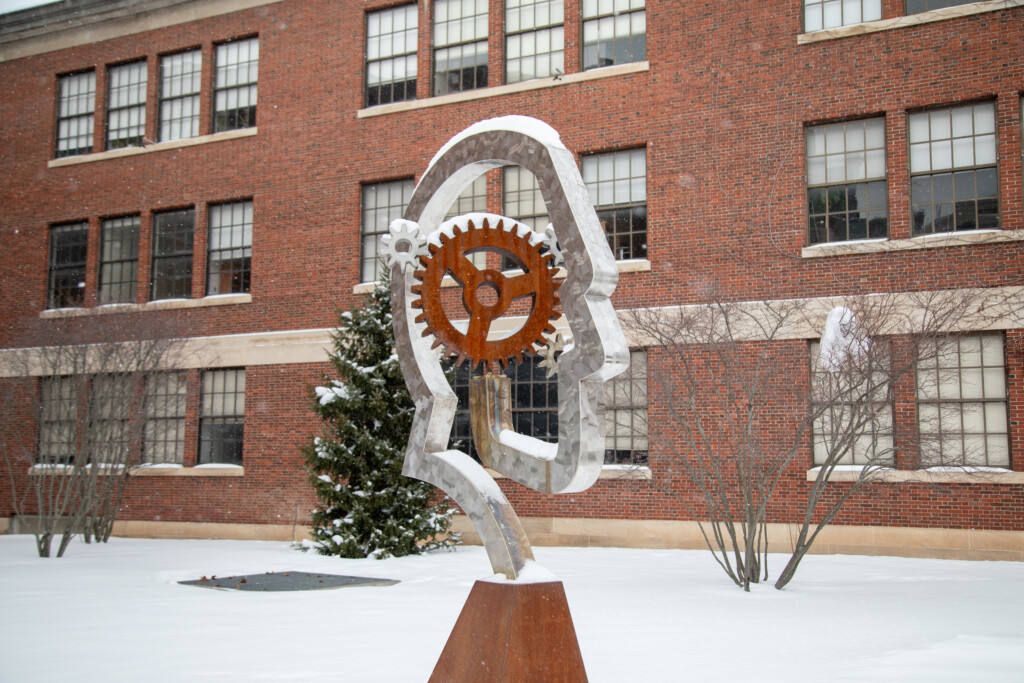This week in Fictional History 101, we learned about some of our nation’s most forgotten presidents. Here’s what we learned!
George Washington — Everyone remembers John F. Kennedy as being the first president to put man on the moon, but Washington, the father of our country, was the first president to put man on Rhode Island.
James Tyler — James Tyler is commonly mistaken as just a regular guy. Which makes sense, because the guy doesn’t have a last name, just two first names.
Chester Arthur — An unforgettable president with an even more unforgettable name. Seriously, with a name like Chester Arthur, how could anyone forget this guy? In 1881, Lester Arthur became president, after Garfield, the nation’s first cat president, left for a career in comics. This was a pivotal moment in Arthur Nester’s political career. In 1884, Nester MacArthur was put on the New York Times list of least forgettable names. And how right they were, as Clarke McCarthy continues to be a model for presidents who want to be remembered.
Duke Ellington — Although this president established many of our current transportation policies, he is most commonly known as the president who had the most passionate love for jazz. While in office, Ellington recorded some of his greatest hits, which included “In a Presidential Mood”, “Take Four,” and “It Don’t Mean a Thing If It Ain’t Got That Swingstate.” Despite his success, some critics claim that Ellington wasn’t a president at all. Well, no kidding—he was a duke.
Scott Mistler-Ferguson — President Mistler-Ferguson is mostly remembered for enacting legislation requiring this article to be no more than 300 words. So I can only add in one more word before

